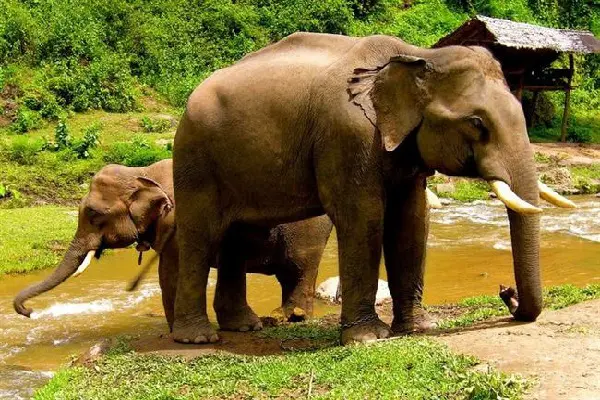Electric car maker Tesla reaffirmed on Sunday it is talking with the Shanghai municipal government to set up a factory in the region and expects to agree on a plan by the end of the year, but declined to comment on a report that a deal has been reached.
China levies a 25 percent duty on sales of imported vehicles and has not allowed foreign automakers to establish wholly-owned factories in the country, the world’s largest auto market.
Those are problems for Tesla, which wants to expand its presence in China’s growing electric vehicle market without compromising its independence or intellectual property.
Tesla sets to build a factory in China.
China has considered allowing foreign automakers to set up wholly-owned factories in free trade zones in part to encourage more production of electric and hybrid vehicles – which the government calls “new energy vehicles” – to meet ambitious sales quotas.
Tesla would still have to pay a 25 percent duty on cars built in a free trade zone, but it could lower its production costs.
Tesla on Sunday pointed to a statement it made in June that the company “is working with the Shanghai Municipal Government to explore the possibility of establishing a manufacturing facility in the region to serve the Chinese market.
As we’ve said before, we expect to more clearly define our plans for production in China by the end of the year.”
A man looks around Tesla Motors' Model S P85 at its showroom in Beijing.
Though Tesla has declined to comment, _The Wall Street Journal _reported that Tesla and the Shanghai government have reached a deal in that city’s free trade zone. Shanghai is a significant market for luxury vehicles of all kinds in China.
Chinese Internet company Tencent has a five percent stake in Tesla and is seen as a potential ally for Tesla’s efforts to enter the Chinese market.
It was unclear if the Shanghai municipal government will conclude a deal with Tesla to coincide with US President Donald Trump’s visit next month.
Laborers work on the exterior of a new Tesla showroom in Shanghai.
Tesla Chief Executive Elon Musk has said the company eventually will need vehicle and battery manufacturing centers in Europe and Asia.
Tesla is wrestling with production problems at its sole factory, in Fremont, California. It is trying to accelerate output of its new Model 3 sedan, but conceded earlier this month that production bottlenecks had held third-quarter production to just 260 vehicles, well short of the 1,500 previously planned.
In fact, China has been committed to promoting new energy vehicles over the past years. In only one month of September, 59,000 new plug-in cars were registered in China, growing 80 percent regarding the same month last year, according to the latest statistics released by Clean Technica.
The logo of BYD
With support from more and more government policies of promoting eco-friendly vehicles, domestic car manufacturing brands, such as BAIC or BYD, also saw a rapid development. For instance, BYD said it sold 96,000 electric vehicles and plug-in hybrid vehicles in 2016.
Led by those car companies, sales of electric vehicles in China reached 507,000 in 2016, up 53 percent over the previous year.
Electric cars in China.
According to the International Energy Agency, China accounted for more than 40 percent of global electric car sales in 2016, followed by the European Union and the United States.
China aims to target sales of two million a year by 2020 and seven million five years later, amounting to a fifth of total car production by 2025.
(REUTERS)
 简体中文
简体中文

